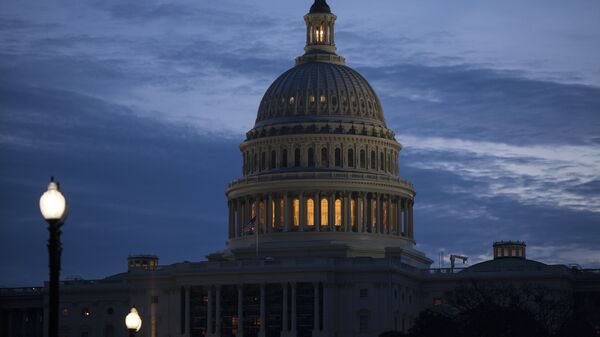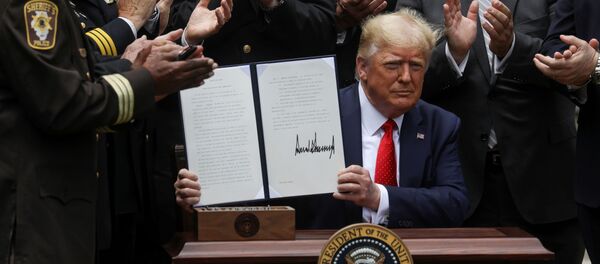"We believe that our policy positions are ones that bring communities of colour into a position of stronger understanding and confidence in the institutions of authority", Senator Tim Scott, an African American who authored the Justice Act, told reporters.
"We believe it brings our law-enforcement community to a place where they have the resources necessary to deescalate some of these situations and... to hire more officers, and have more training, and have a better perspective on history", he added.
The Justice Act will strengthen police training methods and tactics particularly concerning the issues of de-escalation of force and the duty to intervene as well as take concrete steps to end the practice of chokeholds.
The bill seeks to provide police with more body cameras and ensure police departments use them and store the resulting data properly.
The measure will also require full reporting after each incident where officers discharge their weapons, use force or enforce no-knock warrants.
The Justice Act will make lynching - an extrajudicial, vigilante-style execution - a federal crime.
"We hear you, we are listening to your concerns. …. I think this package speaks very clearly to the young person who is concerned when he is stopped by a law-enforcement officer", Scott said.
The senator also said the dilemma as whether to support the police or the African American communities is "a false binary choice".
The Republicans said they seek to bring the bill to the Senate floor as early as next week and called on the Democrats to cooperate.
The Senate majority claims they already have "a 70 percent alignment" with the minority’s "shopping list" and also count on the support of President Donald Trump who signed a police reform executive order earlier this week.
Protests have pushed several cities and states to ban the use of chokeholds and implement other police reforms. Many of the protests have also turned into riots complete with violence against police and civilians as well as acts of vandalism, arson and looting.



